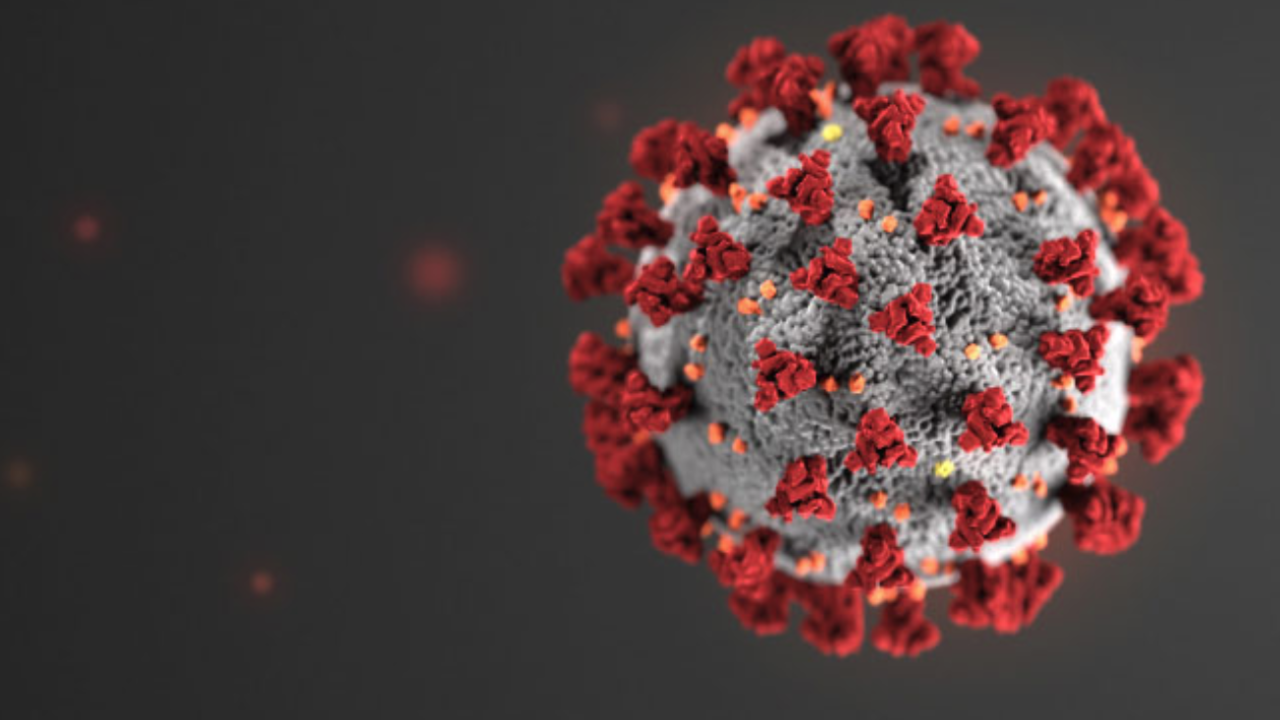BERLIN — The World Health Organization says it is ending a trial into whether anti-malaria drug hydroxychloroquine helps patients hospitalized with COVID-19.
WHO said Saturday it has “accepted the recommendation” from the committee overseeing the trial to discontinue testing of hydroxychloroquine and lopinavir/ritonavir, a drug combination used to treat HIV/AIDS. The drugs were being compared with standard care for hospitalized patients.
WHO says a review of the interim results showed hydroxychloroquine and lopinavir/ritonavir “produce little or no reduction in the mortality of hospitalized COVID-19 patients when compared to standard of care.”
The agency adds that while there was no “solid evidence” of increased mortality for hospitalized patients given the drugs, there were “some associated safety signals in the clinical laboratory findings” of an associated trial.
WHO says the decision won’t affect possible trials on patients who aren’t hospitalized, or on those receiving the drugs before potential exposure to the coronavirus or shortly afterward.
COVID-19 Precautions
Most patients with COVID-19 have mild to moderate symptoms. However, in a small proportion of patients, COVID-19 can lead to more severe illness, including death, particularly among those who are older or those who have chronic medical conditions.
COVID-19 spreads primarily through respiratory droplets produced when an infected person coughs or sneezes.
Symptoms include fever, cough, and difficulty breathing. Symptoms appear within 14 days of being exposed to an infectious person.
Virginia health officials urged the following precautions:
- Wash your hands often with soap and water for at least 20 seconds.
- Use an alcohol-based hand sanitizer only if soap and water are not available.
- Avoid touching your eyes, nose, and mouth.Cover your mouth and nose with a tissue or your sleeve (not your hands) when coughing or sneezing.
- Clean and disinfect frequently touched objects and surfaces.Stay home when you are sick.
- Avoid contact with sick people.Avoid non-essential travel.


